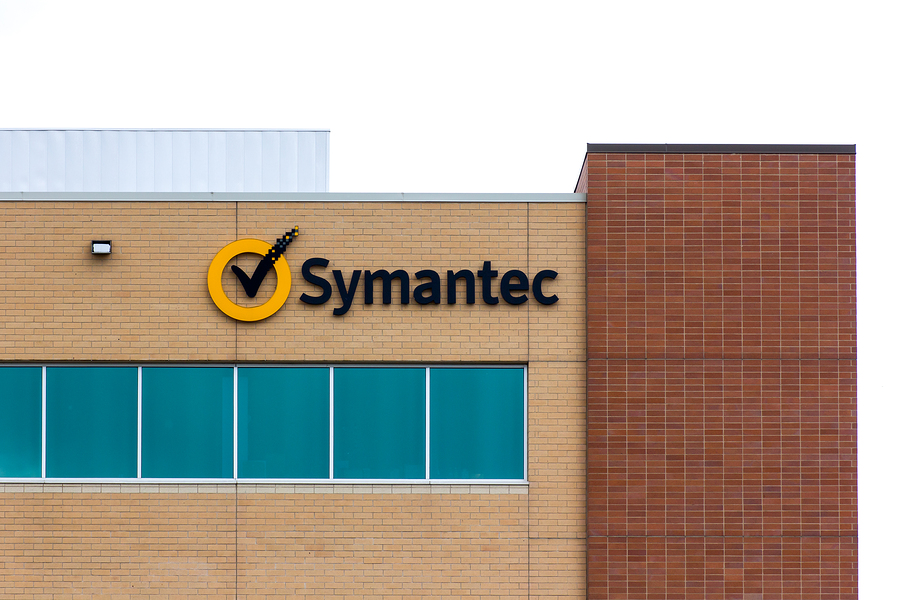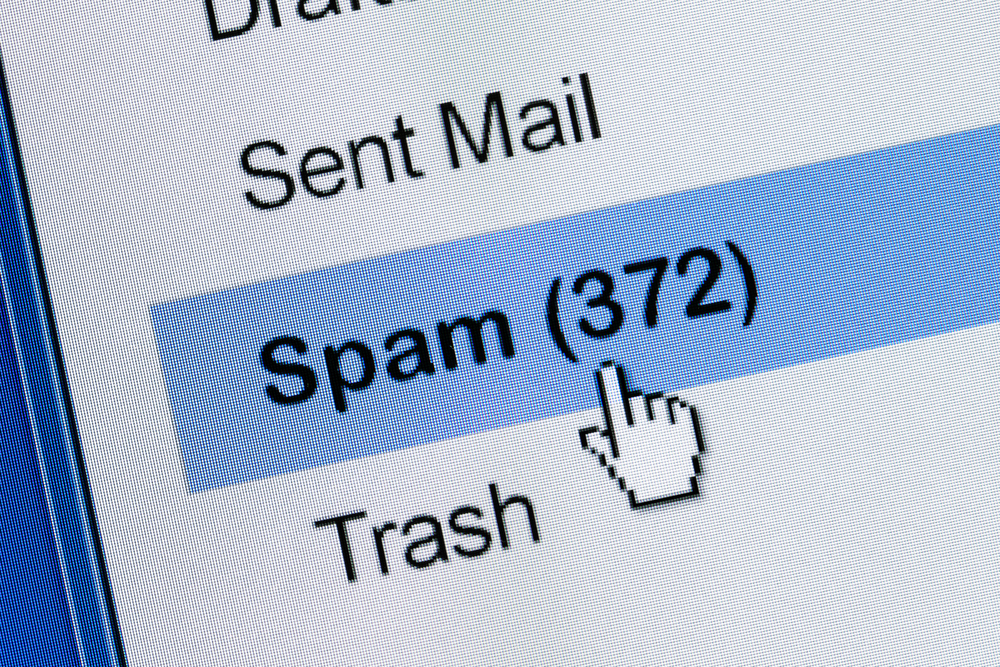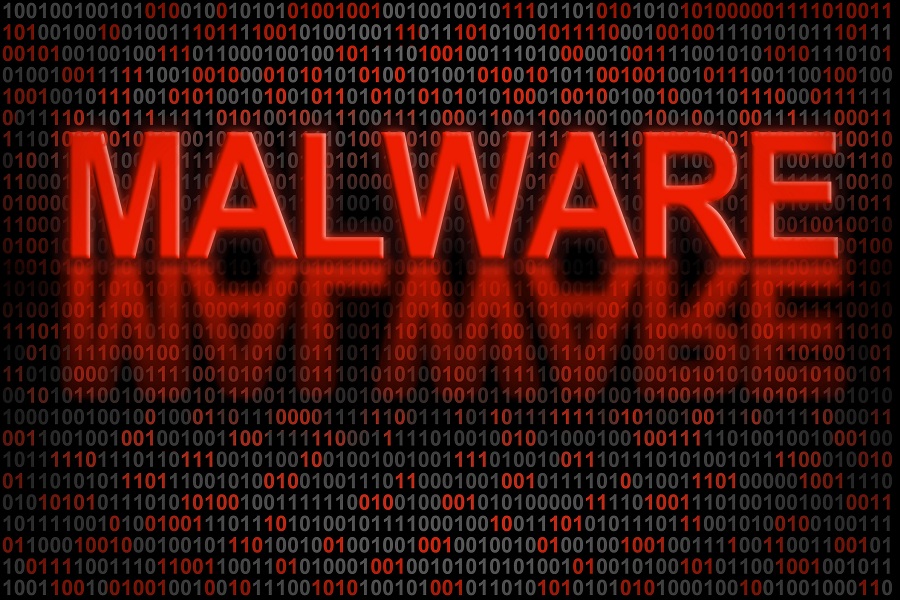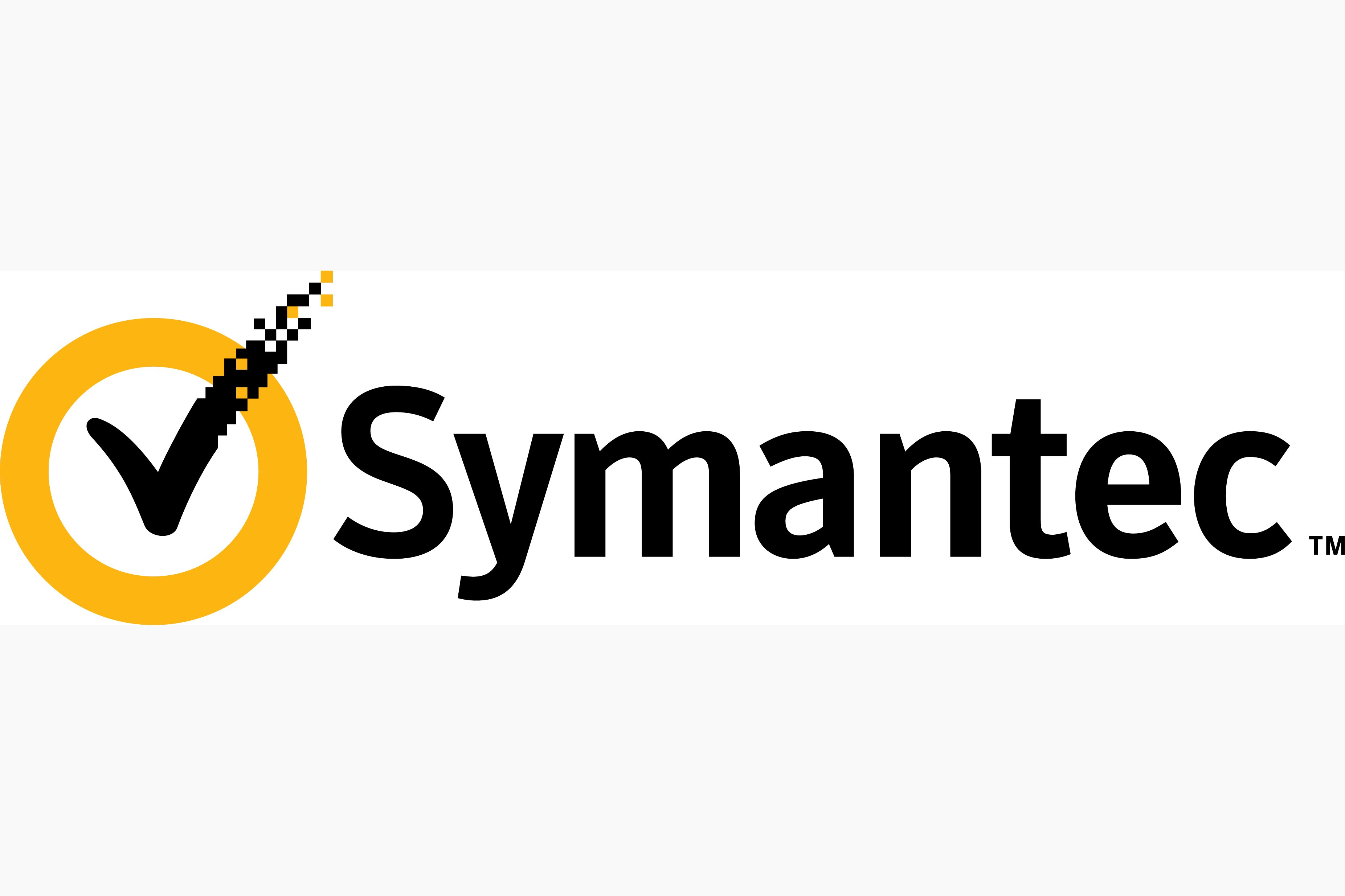Panda launches Cloud Antivirus Pro
The company's latest security product offers a number of automated features and comes as Panda evaluates moving into the mobile security market.


Panda Security has introduced Cloud Anti-virus Pro Edition, offering what it describes as "hands free" protection.
On top of standard protection features such as malware blocking, the offering does not require the user to re-install the anti-virus every time a new version is released.
Panda's latest offering also automatically cleans USB and hard drives to ensure neither can spread an infection when users are offline.
"The new Pro Edition offers more robust automated security capabilities and services at a very affordable price," claimed Pedro Bustamante, senior research advisor at Panda Security, in a statement.
One of the main selling points of Panda Cloud Anti-virus is the use of the security firm's Collective Intelligence, which automatically collects and processes malware in the cloud rather than on a user's PC.
This means the protection only uses up 15MB of RAM, rather than the 60MB used on traditional signature-based products, according to Panda.
Petter Lautin, the company's UK and Ireland managing director, said that the expansion of the firm's reservoir of information on malware is achieved in a variety of ways, from Panda going out and hunting for new threats to users supplying information.
Get the ITPro daily newsletter
Sign up today and you will receive a free copy of our Future Focus 2025 report - the leading guidance on AI, cybersecurity and other IT challenges as per 700+ senior executives
Speaking to IT PRO, Lautin said that 99.7 per cent of all the samples Panda Labs receives are dealt with automatically, giving its security professionals time to deal with "the tough stuff".
"Even the vendors, between us we co-operate, we share samples, we work together on this," Lautin said.
He also revealed that Panda Security is working on developing security products for mobile devices, following Symantec's entrance into the mobile market.
"We haven't gone out and said that we will protect mobile devices yet because it is something we are working on. In principal, because the solution is a hosted solution, again there is no real reason why we wouldn't cover mobile security as well," Lautin added.
Read on to see how one PandaLabs employee found himself in a difficult situation after helping to uncover and put an end to the Mariposa botnet.
Tom Brewster is currently an associate editor at Forbes and an award-winning journalist who covers cyber security, surveillance, and privacy. Starting his career at ITPro as a staff writer and working up to a senior staff writer role, Tom has been covering the tech industry for more than ten years and is considered one of the leading journalists in his specialism.
He is a proud alum of the University of Sheffield where he secured an undergraduate degree in English Literature before undertaking a certification from General Assembly in web development.
-
 Global cybersecurity spending is set to rise 12% in 2025 – here are the industries ramping up investment
Global cybersecurity spending is set to rise 12% in 2025 – here are the industries ramping up investmentNews Global cybersecurity spending is expected to surge this year, fueled by escalating state-sponsored threats and the rise of generative AI, according to new analysis from IDC.
By Ross Kelly Published
-
 Google Cloud is leaning on all its strengths to support enterprise AI
Google Cloud is leaning on all its strengths to support enterprise AIAnalysis Google Cloud made a big statement at its annual conference last week, staking its claim as the go-to provider for enterprise AI adoption.
By Rory Bathgate Published
-
 Power stations under attack from long-running hacking campaign
Power stations under attack from long-running hacking campaignNews Dragonfly threat group is ramping up activities, say researchers
By Adam Shepherd Published
-
 Symantec profits surge as firms prop up their cyber defences
Symantec profits surge as firms prop up their cyber defencesNews The company also announced plans to sell its web certificate business
By Dale Walker Published
-
 Symantec to pay $4.65 billion to acquire Blue Coat
Symantec to pay $4.65 billion to acquire Blue CoatNews Greg Clark to become Symantec CEO, promising new cloud security
By Aaron Lee Published
-
 Symantec ditches reseller guilty of scamming PC users
Symantec ditches reseller guilty of scamming PC usersNews Silurian told people they had malware, then sold them Norton Antivirus for $249
By Joe Curtis Published
-
 NATO builds up cyber alliance with Symantec tie-in
NATO builds up cyber alliance with Symantec tie-inNews Military industrial link up to fight cyber attacks
By Rene Millman Published
-
 Junk emails fall to their lowest rate in 12 years
Junk emails fall to their lowest rate in 12 yearsNews Spam is dropping, says Symantec, but other malware threats are on the rise
By Joe Curtis Published
-
 Kaspersky: "We have never been asked to whitelist malware"
Kaspersky: "We have never been asked to whitelist malware"News A company blog has revealed neither government nor any other entity has asked it to stop detecting malware
By Clare Hopping Published
-
 Symantec confirms split into separate security & storage entities
Symantec confirms split into separate security & storage entitiesNews Storage and security will be separated as Symantec tries to boost sales in both
By Adam Lee Published